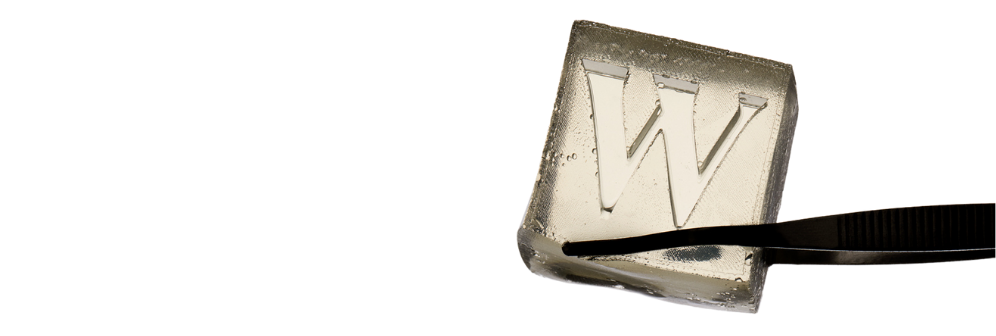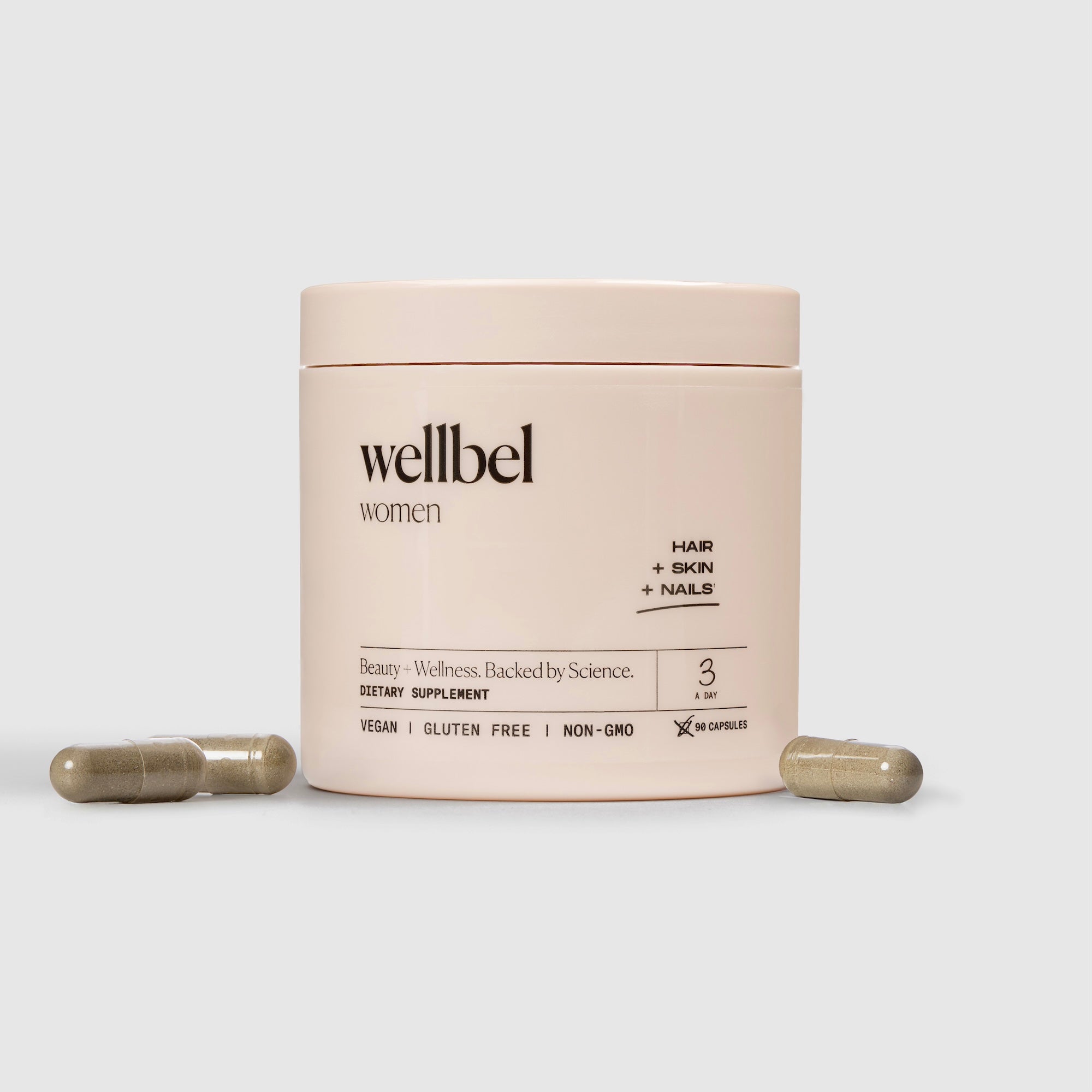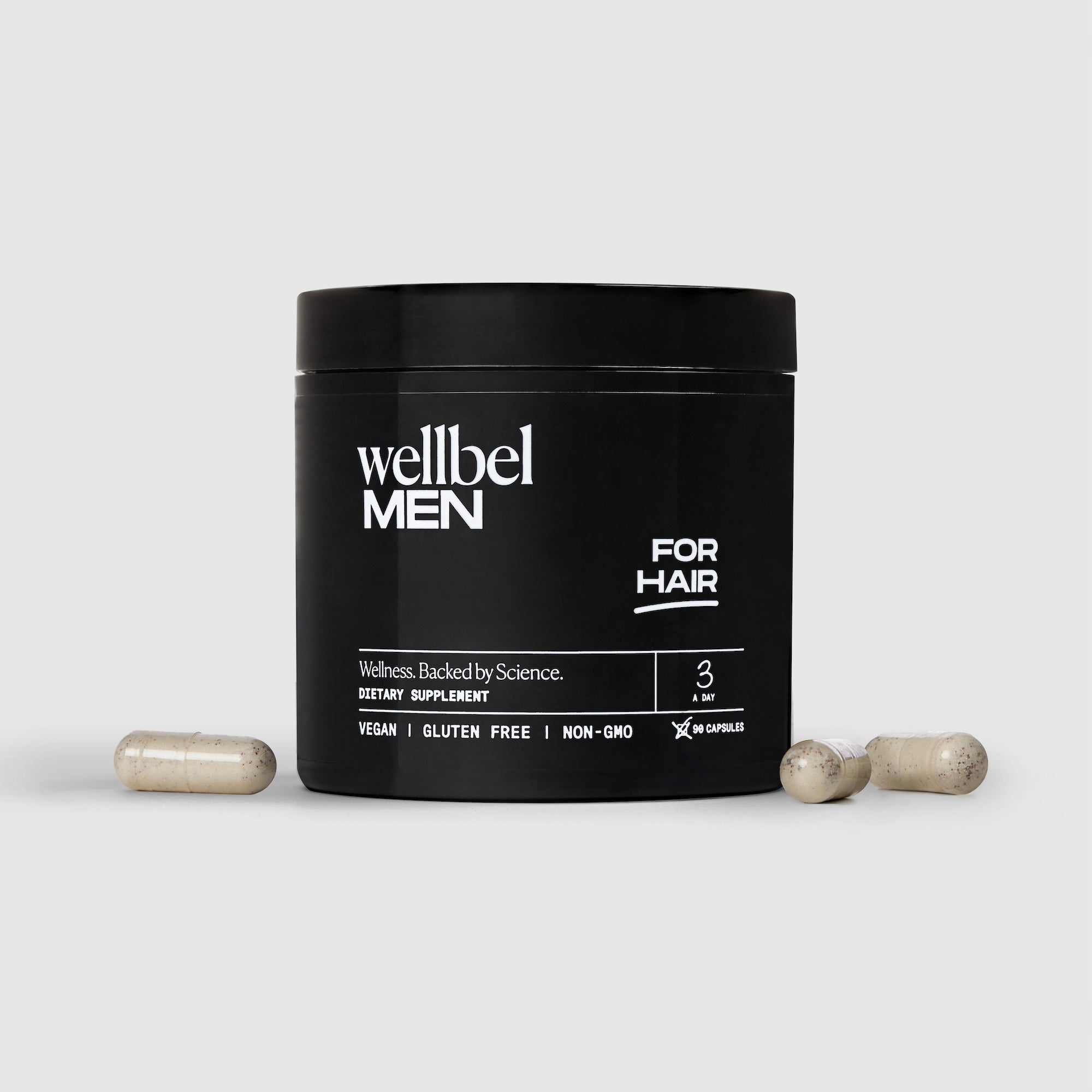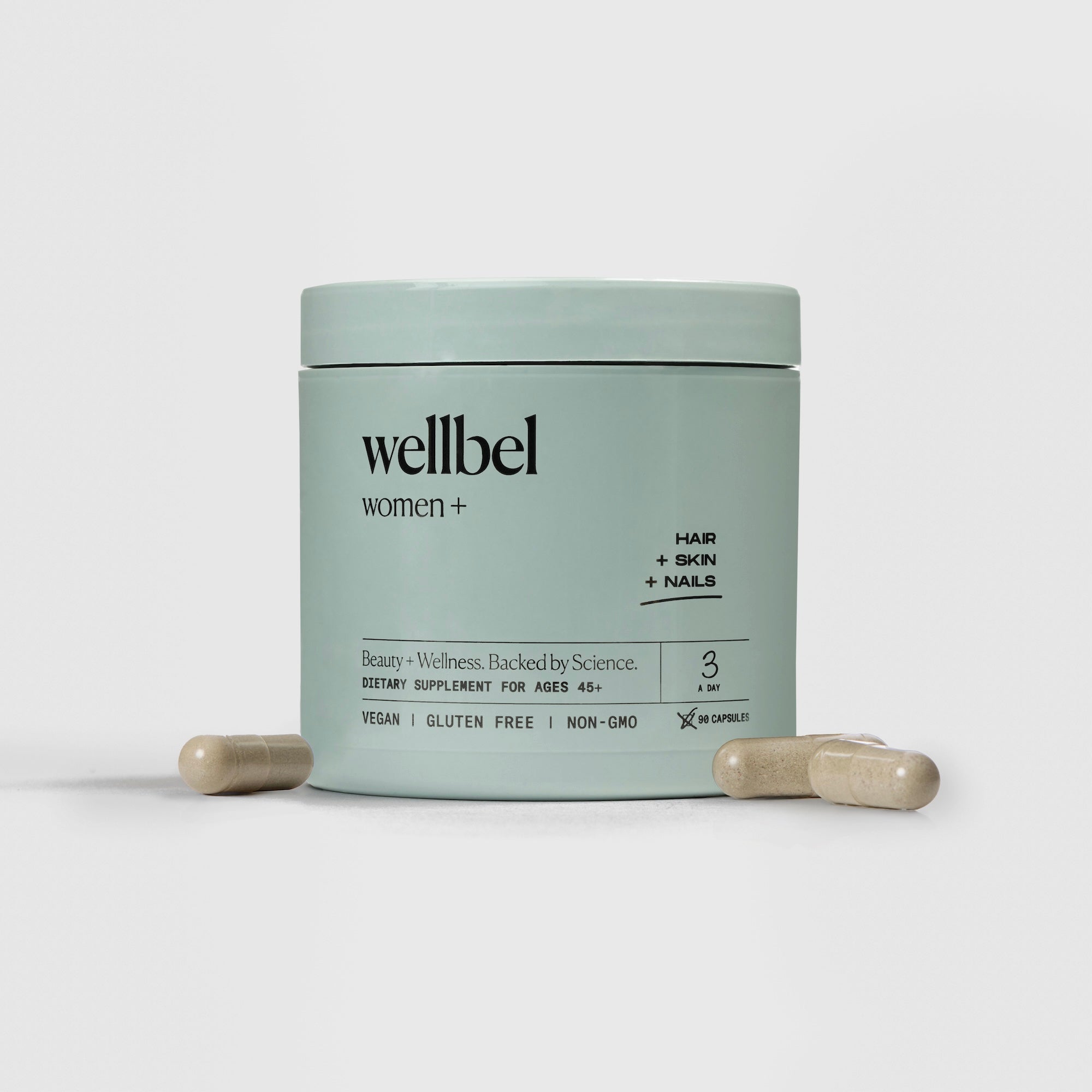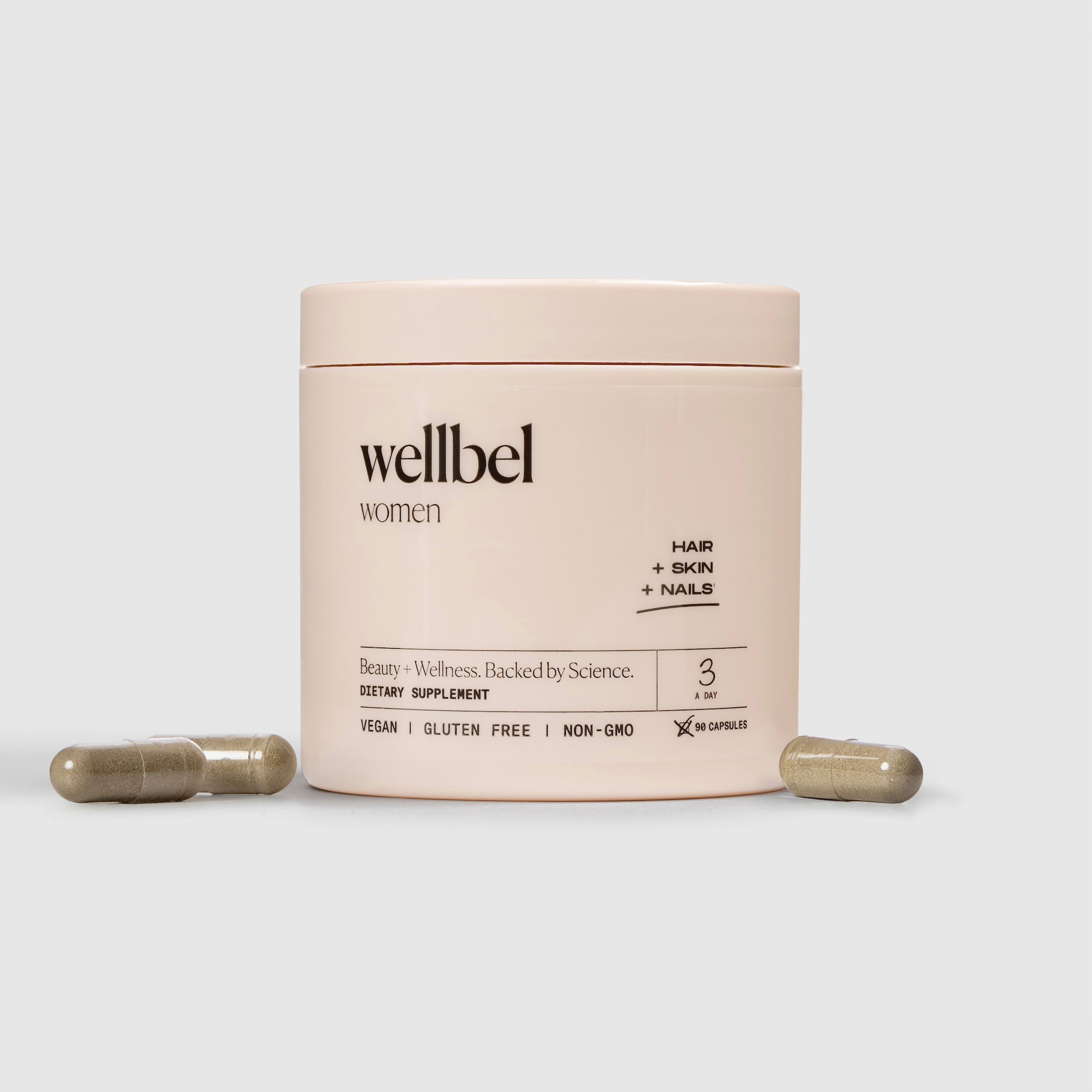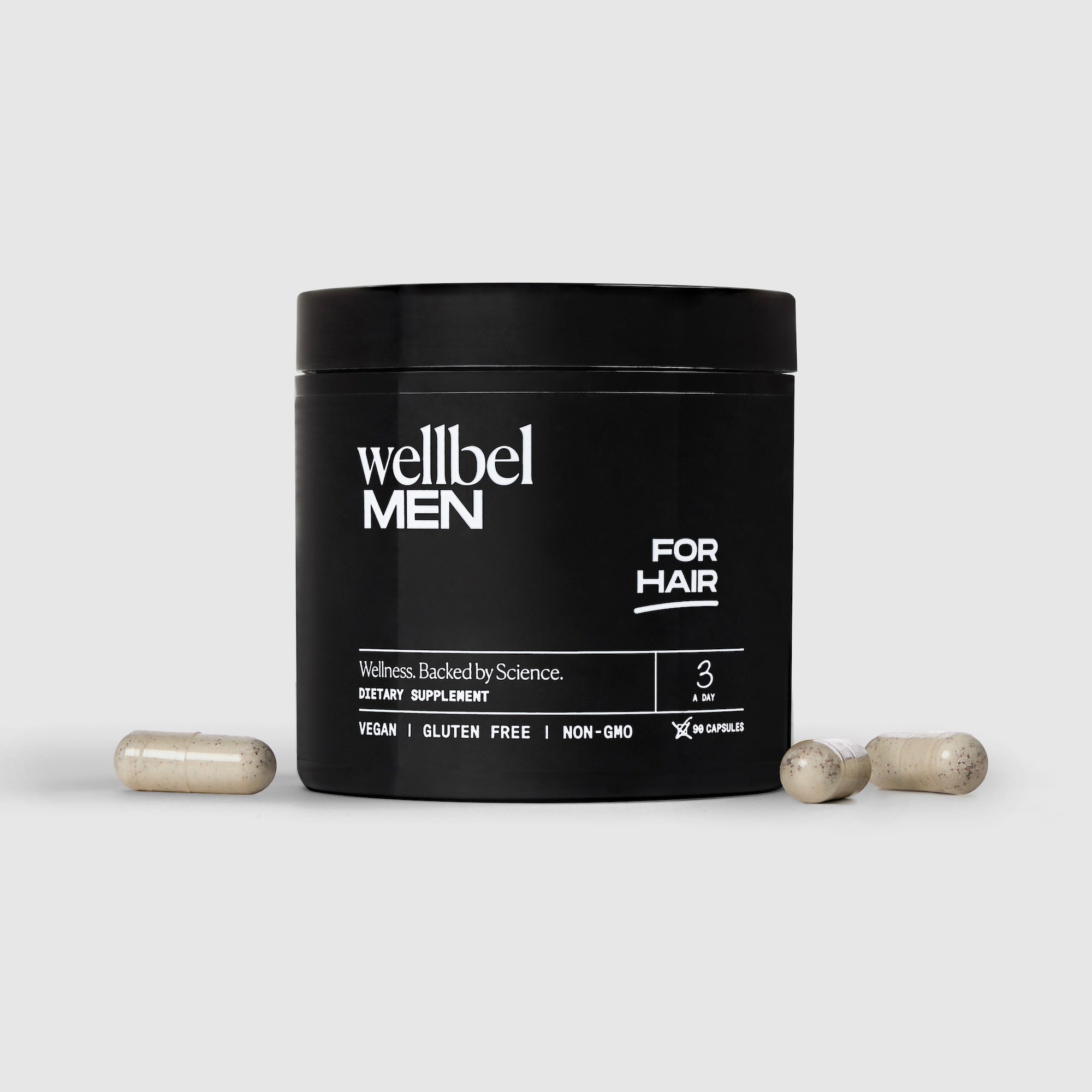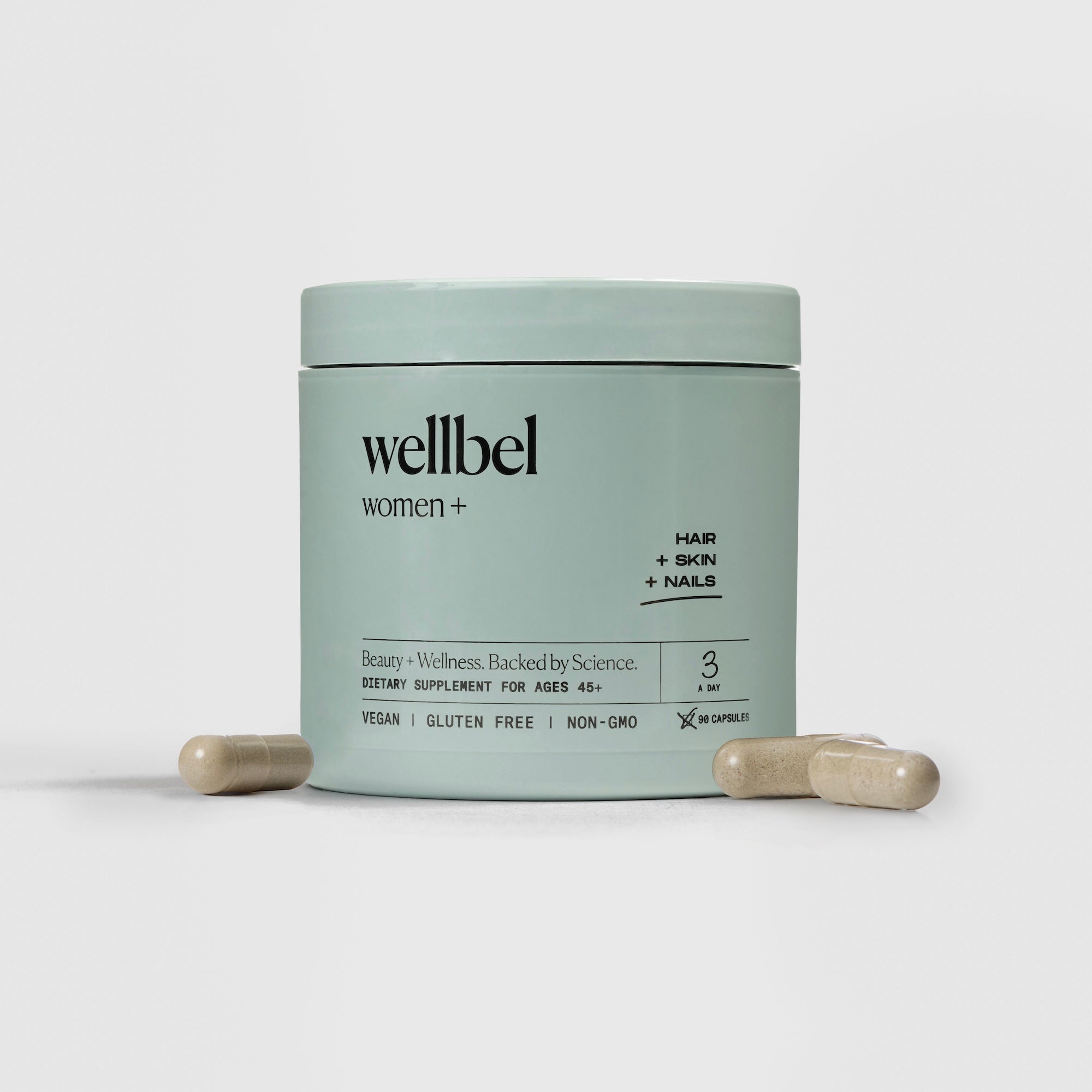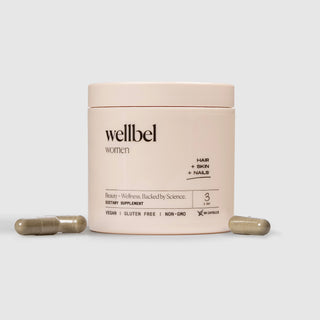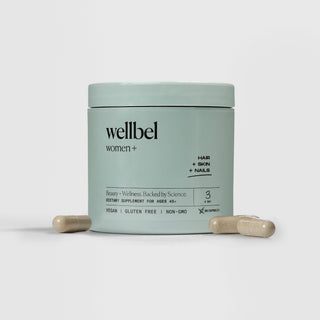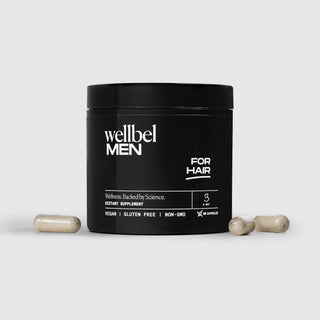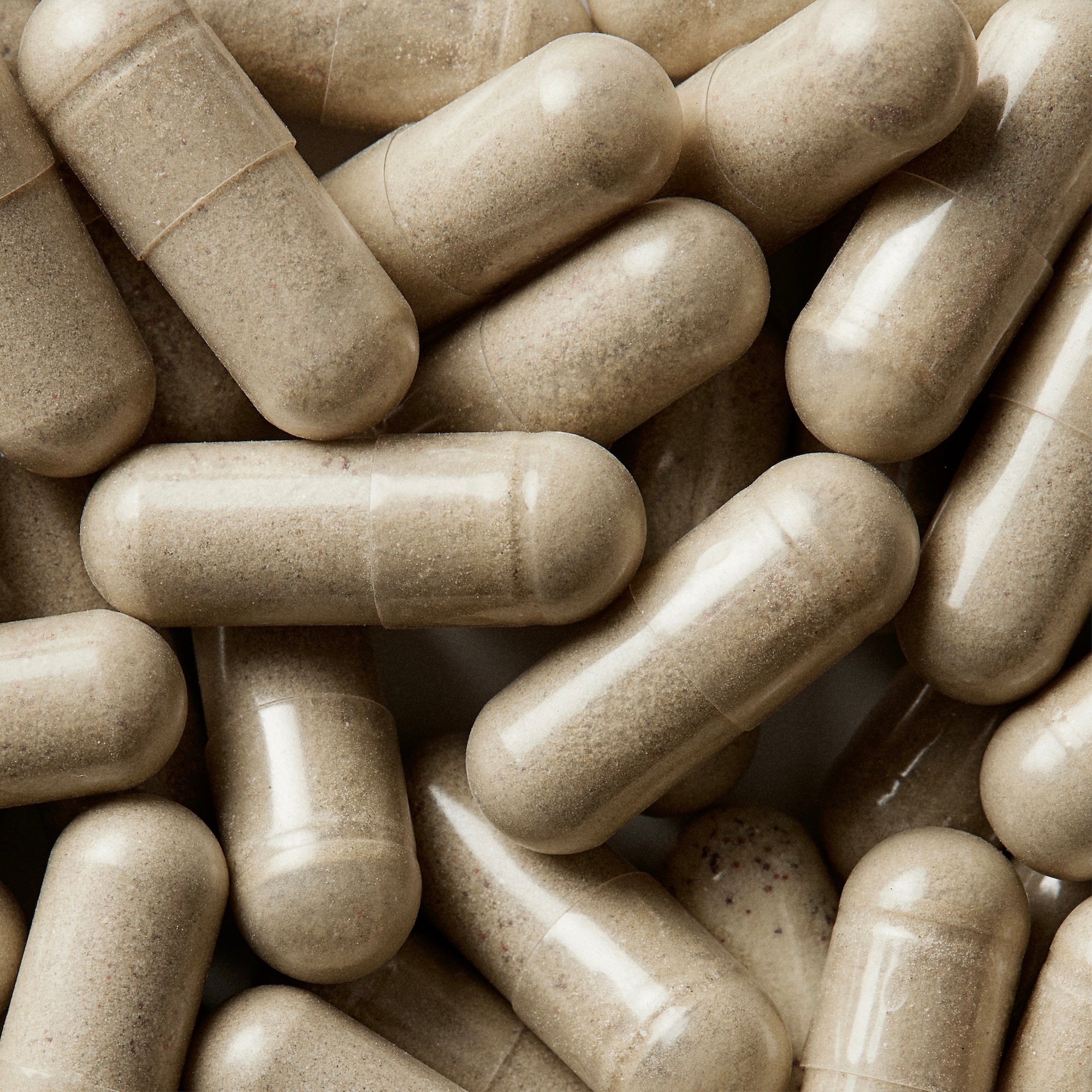Wondering if hair supplements really work? Learn what the science says about hair growth vitamins, how they support healthy strands, and why consistency matters.
Do Hair Supplements Really Work?
It’s one of the most common questions I hear: Do hair supplements actually work or are they just hype?
The truth is, your hair is more than just something you style in the morning. It’s a direct reflection of what’s happening inside your body: nutrient status, hormone balance, stress levels, and overall wellness.
That means hair supplements aren’t magic capsules, but when used wisely, they can play a big role in supporting healthier, stronger strands.
Understanding Hair Growth Phases
Before diving into whether supplements work, it helps to understand how hair actually grows. Your hair follicles cycle through three distinct phases:
Anagen (Growth Phase)
-
Hair is actively growing (2–7 years depending on genetics, age, and health).
-
85–90% of hair is in this phase at any given time.
-
The length of this phase determines how long hair can grow.
Catagen (Transition Phase)
-
A brief 2–3 week period when hair growth stops and the follicle shrinks.
-
Only about 3% of hair is in this phase.
Telogen (Resting Phase)
-
Hair rests for about 3 months before shedding to make room for new growth.
-
About 10–15% of hair is in this phase.
When people experience increased shedding or thinning, it often means more hairs are entering the telogen phase prematurely, or the anagen phase is shortened. This is where targeted nutrition can help support healthier cycling and longer growth phases.
Why Hair Thins or Sheds
Hair thinning or shedding often points to something happening beneath the surface. Some of the most common reasons include:
-
Nutrient deficiencies: When your body is low on vitamins and minerals like iron, vitamin D, or B vitamins, it prioritizes critical organs over hair, skin, and nails.
-
Hormonal changes: Pregnancy, postpartum, thyroid shifts, or chronic stress can alter the hair growth cycle.
-
Perimenopause and menopause: Declining estrogen and progesterone shorten the hair growth phase, often leading to thinning, shedding, or changes in texture.
-
Lifestyle factors: Poor sleep, restrictive diets, or ongoing stress deplete the nutrients your follicles need.
Your hair is like a wellness “check engine light.” When it struggles, it’s usually reflecting something deeper.
Supplements and Nutrients That Support Hair Growth
Hair growth supplements support wellness by filling in the nutritional gaps your body might be missing from food alone. Examples include:
-
Biotin and B vitamins: Essential for energy metabolism and keratin production, the protein that makes up your hair. But here’s an important detail: too much biotin, especially over 1,000 mcg daily, can interfere with certain lab results such as thyroid or cardiac tests. It can also sometimes cause cystic acne, breakouts, or rashes. That’s why it’s important to use a thoughtful formulation that gives your body what it needs, but not in excess. Wellbel’s physician formulated supplements were created with this balance in mind.
-
Vitamin D and Zinc: Both play crucial roles in follicle cycling, repair, and overall growth support.
-
Antioxidants like Vitamin C and E: Help protect hair follicles from oxidative stress, which can accelerate thinning.
It’s not about one nutrient alone. It’s about a balanced formula that supports multiple pathways in hair health.
Why Quality and Absorption Matter
Not all supplements are created equal. The form of a nutrient (for example, methylated folate versus folic acid) determines how well your body can use it.
Bioavailability, the ease with which nutrients are absorbed and put to work, is often the difference between visible results and no change at all.
That’s why Wellbel focuses on bioavailable forms and physician backed dosing, designed to reach the follicles and be used effectively by your body every day.
Why Hair Gets Nutrients Last
Your body is wired for survival, so your heart, brain, and liver get nutrients first. Hair, skin, and nails come last. If your body is running low, your follicles simply won’t receive the resources they need to grow.
This is exactly where supplements can make a difference: by supplying enough nutrients so that even after your body’s essential needs are met, your hair still has the support to thrive.
Consistency for Hair Growth Results
Hair growth happens in cycles that last months, not days. That means you need to give your body consistent nourishment before results show up.
-
In 6 to 8 weeks, many people notice stronger nails or less shedding.
-
In 3 to 6 months, visible changes in hair thickness and growth are more likely.
Consistency matters not just in timing, but also in how supplements are taken. Skipping days or taking them irregularly interrupts the steady supply of nutrients your follicles need. Pairing your daily supplement with a morning routine, like breakfast or coffee, can make it easier to stay on track.
Think of it like planting seeds: your hair’s “roots” need steady nourishment before you see anything above the surface. With patience and daily commitment, supplements can help create a foundation for stronger, healthier strands long term.
The Bottom Line
So, do hair supplements work? Yes, but only when they’re thoughtfully formulated, bioavailable, and taken consistently.
They’re not a quick fix, but they can be a powerful part of your overall hair wellness strategy, especially if your lifestyle, stress, or diet leave your follicles undernourished.
That’s exactly why Wellbel was created: to deliver comprehensive daily support that gives your hair what it needs, without unnecessary fillers or overly high doses that don’t serve you.
Supplements aren’t magic, but with patience and consistency, they can absolutely help support stronger, healthier strands over time.
